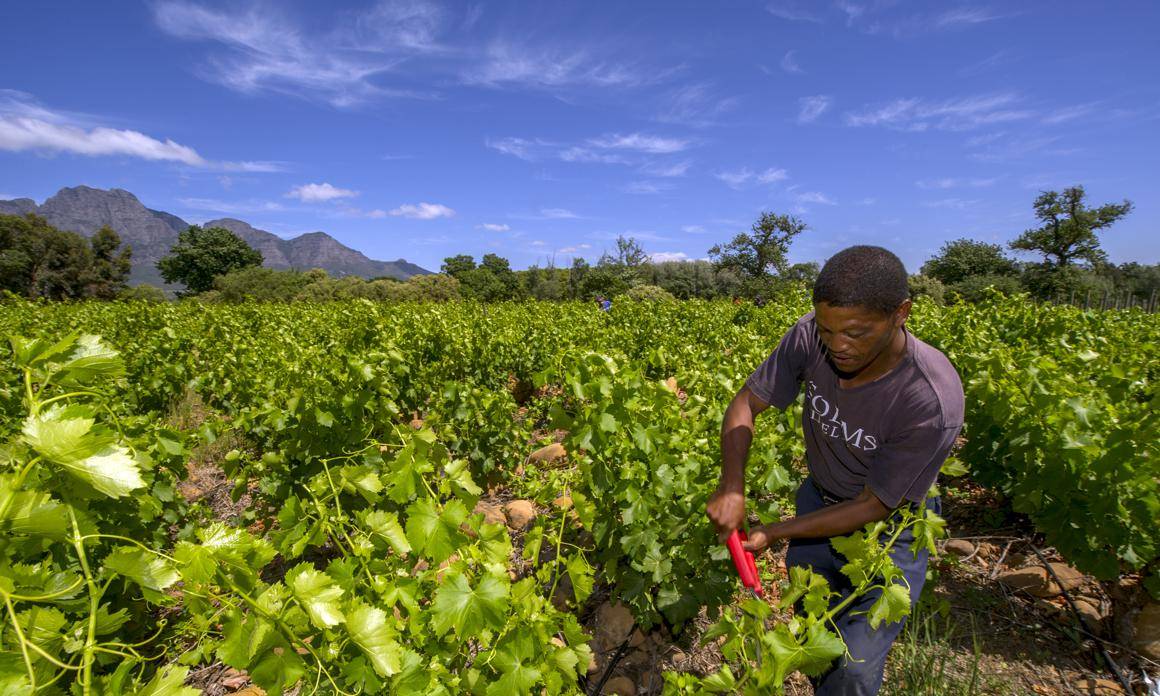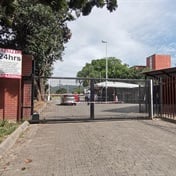
Does the DA keep to the facts? In the last instalment of our fact checks of manifesto claims, it’s the official opposition’s turn.
Claim: The national government’s failure rate of land reform projects is currently standing at 92%.
In this case, the DA relied on a statement made by ANC veteran Mathews Phosa, according to DA spokesperson Solly Malatsi.
In 2017, Phosa reportedly said that “up to 90% of land reform projects are unsuccessful”.
We asked Phosa, through his office manager, what he had based his statement on, but received no response by the time of publication.
Phosa was, however, not the first to make a claim about a land reform failure rate of about 90%.
In 2010, then minister of rural development and land reform Gugile Nkwinti said at a briefing: “We have not talked about the revenue which the state has lost because 5.9 million hectares of farms that were active and acquiring revenue for the state were handed over to people, and more than 90% of those are not functional – they are not productive and therefore the state loses revenue.”
However, Professor Ben Cousins of the Institute for Poverty, Land and Agrarian Studies (Plaas) at the University of the Western Cape told Africa Check/City Press that, at the time, Nkwinti’s claim was not backed by research, and the same is true for the DA’s current claim.
Asked how the party defined success, Malatsi said it applied to land redistribution projects where “beneficiaries have managed to create economically viable businesses once land has been redistributed”.
He added that, “upon reflection”, it appeared that the actual failure rate, based on Phosa’s claim, was 90% instead of 92%, but the party believed the “overall narrative remains correct”.
The DA conceded that, outside of the completion rate for land restitution claims, “there has been no attempt by national government to conduct a proper audit into the success or failure of land reform projects”.
Read the ANC manifesto claims we've fact-checked:
- Did only 51% of children attend school in 1994?
- No, the ANC has not provided 4.7m free houses since 1994
- 5.5m earned below minimum wage in 2017
- How much did the ANC-led government spend on infrastructure in a decade?
- Student financial aid increases from R70m to R14bn in 24 years
What is successful land reform?
“Defining success and failure depends on the measure you use to assess impact,” stated a 2013 Plaas fact check on the extent to which land reform projects had improved beneficiaries’ income and livelihoods.
Cousins said “around 50% of the projects have improved the livelihoods of beneficiaries to a degree”.
This number, he told us, was a “rough estimate” in the absence of more reliable data. It is based on research published between 2005 and 2013, including:
- A review of 43 land reform projects in North West, published in 2005, found that production was stable or had increased in 56% of cases.
- In a 2008 national survey of Land Redistribution for Agricultural Development projects (2001 to 2006), 49% were identified as stable or showing improvement, according to the mentioned Plaas fact check.
- A project census of 117 redistribution and restitution projects in the Vhembe and Capricorn districts of Limpopo showed evidence of activity (some production, leasing or joint ventures) in 44% of cases. The research was done from 2007 and the results were published in 2013.
We asked the department of rural development and land reform for its research on the success of land reform projects, but did not receive a response by the publication deadline. In a parliamentary reply to a DA question, dated October 2018, the current minister said the department was not aware of the failure rate of 92%.
Verdict: Unproven
The DA’s claim is based on an untested statement made by Mathews Phosa. The party stated the failure rate as a fact despite knowing that there was no “proper” national audit on the success of land reform projects in South Africa. Currently, there is no research that supports or disproves the claim.
Read the EFF manifesto claims we've fact-checked:
- Dropout rates: Is South Africa among the worst in the world?
- State did not buy only 7% of the land it targeted
- Are almost 40% who need jobs unemployed?
Manifesto research ‘within reasonable accuracy’ – DA
Asked to comment on our findings, DA spokesperson Solly Malatsi, said: “The Democratic Alliance notes the findings by Africa Check on the party’s Manifesto for Change. The manifesto underwent a vigorous research and consultation process in order to ensure that we can deliver the best offer to the people of South Africa. Where we govern,we have a proven track record of success in both healthcare and land reform. This is because we understand that when it comes to healthcare and land reform, our people deserve dignity and justice. We are confident that all the information from the research into the manifesto is within reasonable accuracy.”
- This package is part of a journalism partnership with Africa Check, the continent’s leading fact-checking organisation. The project aims to ensure that claims made by those in charge of state resources and delivering essential services are factually correct. In the run-up to this year’s national and provincial elections, it will be increasingly important for voters to be able to make informed decisions. This series aims to provide voters with the tools to do that.




 Publications
Publications
 Partners
Partners








